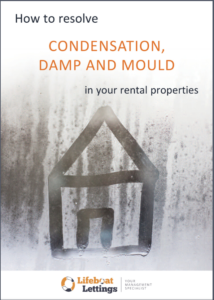
A new survey by the NRLA, indicates that more than half – 57% – of private renting households in Britain in receipt of benefits – that’s some 820,000 private rented households – routinely experience a shortfall between their housing benefit and their monthly rents. These tenants are then required to pay a ‘top up’ to their landlord to make up the shortfall.
The data shows that there are significant regional variations; the proportion of private rented households affected ranging from 41% in London, up to 69% in Wales.
This figure is likely to get worse when considering the rising costs of rents currently. To add further to the problem, the Office for Budget Responsibility has indicated that housing-related benefits spending is only expected to rise by 0.1 % of GDP by 2025.
It’s worth noting at this point, that rents have been increasing – and still are – by far less than inflation, over many years and so are still ‘cheap’ in real terms, compared to many other goods or services. Despite this, vulnerable renters are facing a ‘perfect storm’ of cost-of-living squeezes, made worse by housing benefit rates having been frozen since April 2021. There is also a looming shortage of private rented housing which is now set to drive up rents based on supply a demand factors.
To counter this, the NRLA is calling on the government to unfreeze housing benefits rates, which will both provide tenants and landlords with the security that rents can be paid.
If you have any questions related to the above subject or if you have any property related queries contact the team now.




